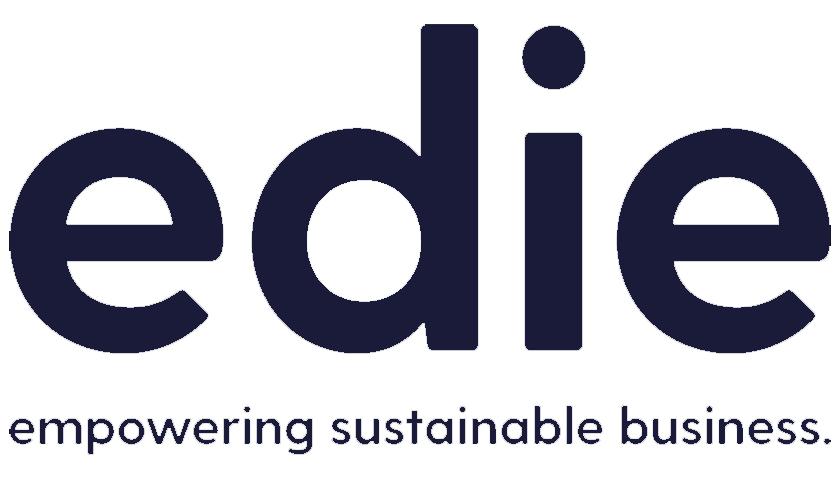edie has published an updated guide on the circular economy, detailing all the key challenges and opportunities that businesses will need to explore when looking to boost resource efficiency.
Municipal waste is on course to increase by more than 66% in volume, leading to direct costs of around $360bn unless more can be done to transition to a circular economy. The United Nations Environment Programme’s (UNEP) Global Waste Management Outlook 2024 (GWMO 2024) report highlights that closed-loop models are not just a global imperative for the planet, but could provide a much needed boost to economies.
The report emphasises embracing better waste management controls and focusing on prevention as part of a switch to a circular economy could drastically cut costs. UNEP found that better waste municipal waste management alone could limit net annual costs by 2050 to $270.2bn, but that decoupling waste generation from economic growth and promoting waste avoidance could deliver a net gain of $108.5bn annually.
But what is the role of business for this transition? edie’s new Circular Economy guide outlines the key business considerations for embracing the circular economy and cutting down on waste.
—–CLICK HERE TO DOWNLOAD THE GUIDE—-
A circular economy is a regenerative system that looks to optimise the resources we use and keep them in productive loops for as long as possible. These resources include raw materials, products, energy and water.
However, in the current linear economy – where we’ve taken and discarded more than ever before – a lot needs to happen for society to transition to a closed-loop economy that champions reuse, recycling and longevity of products and services.
The private sector will be one of the key drivers to a circular economy, but the transition is no easy task. This new Explains guide, developed with support from Reconomy, offers a deep dive into the key considerations, challenges and opportunities that businesses face on the road to becoming more circular.
In the 2024 update to this guide, edie and supporting partner Reconomy UK outline how the ongoing negotiations for a global Plastics Treaty could impact the circular economy, as well as exploring the ramifications of the UK’s delay to a Deposit Return Scheme.
Click here to access your copy of the edie Explains: Circular Economy guide, 2024 version, here.

